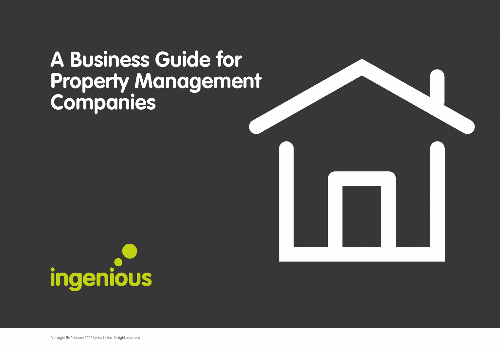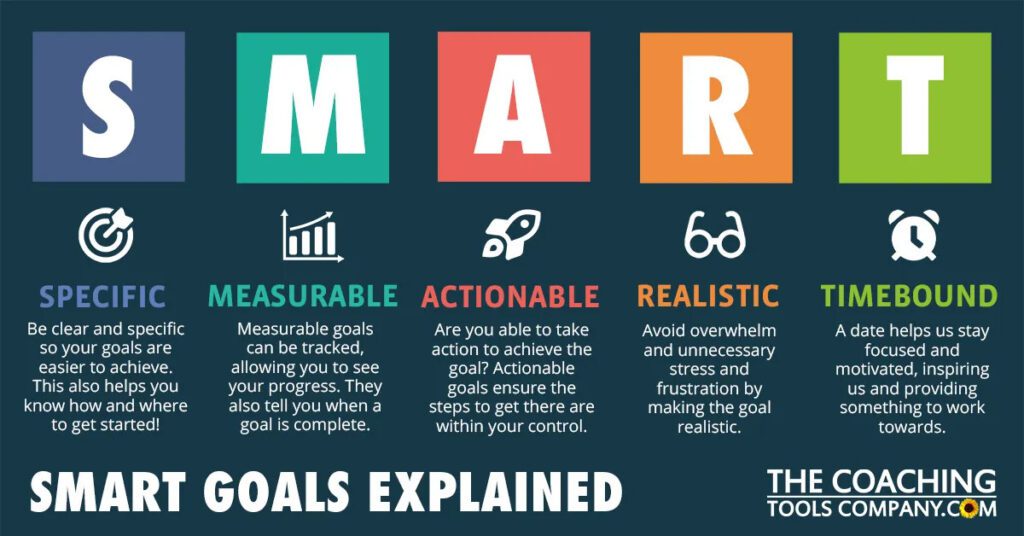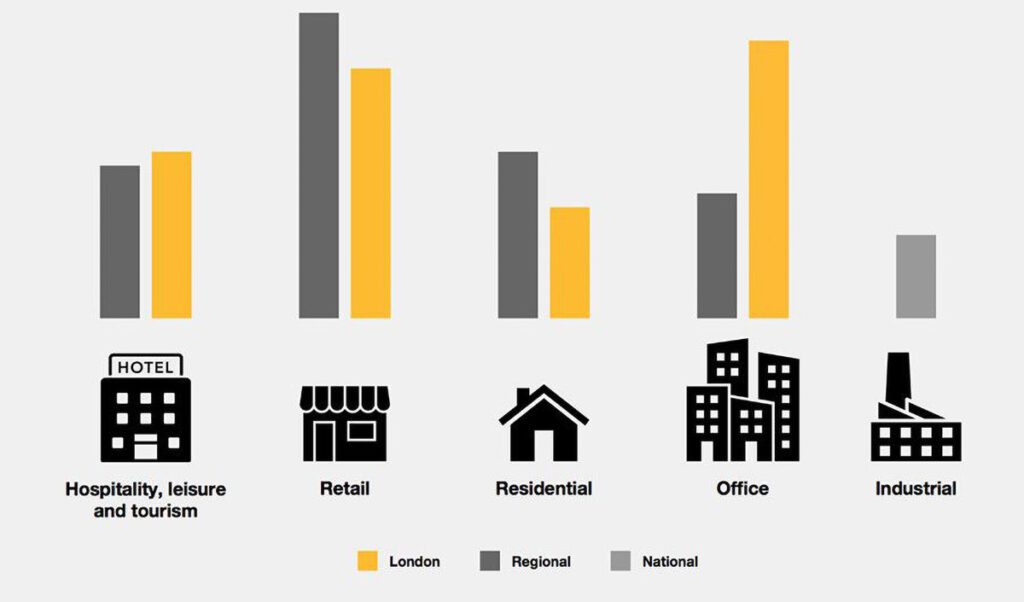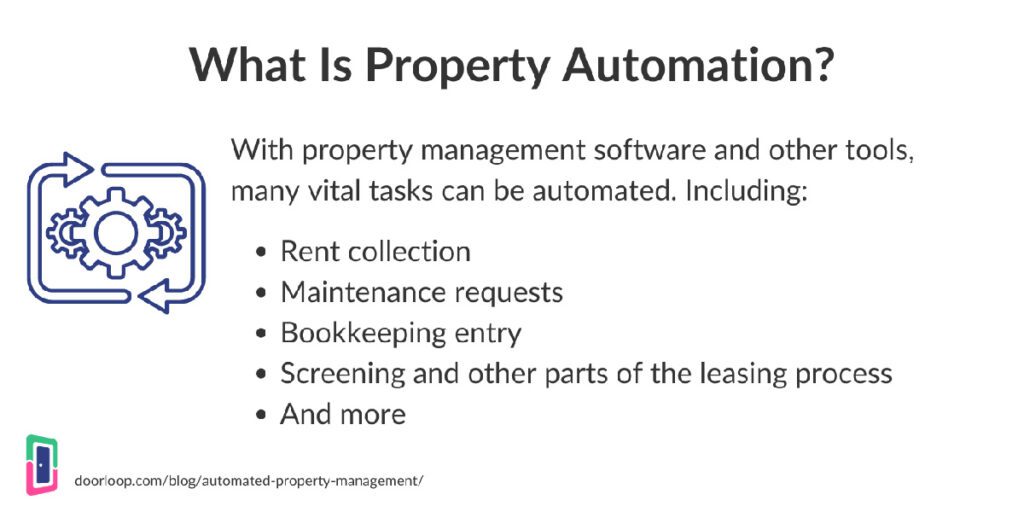
Whether you’re a start-up or an established property management company, acquiring new business should always be at the forefront of your business strategy. Marketing budgets of any size can be adequate if used correctly, this is the challenge facing most property management businesses, and this is the challenge we will look to address in this post.
No two property management companies are the same. However, almost all property management companies adhere to the same objectives. You can reach your lead-generation goals with solid leadership, sales, marketing, and business strategy.
From targeted marketing initiatives to proactive tenant retention programs, we will delve into practical approaches to help property managers thrive in an increasingly dynamic industry.
- Understand the market and be rapid to industry changes.
- Get more punch from your marketing with a holistic approach.
- A higher retention rate will drive your perfect customer persona.
- Use technology to save time and leverage verified data.
This post is an exerpt taken from our Business Guide for Property Management companies. You can download your free copy of the guide by clicking the link below.

Market analysis and research
Successful property managers begin by conducting thorough market analysis and research to identify potential growth opportunities. By understanding the local market dynamics, emerging trends, and demands, they can target specific property types or regions with high growth potential.
This knowledge enables them to tailor their marketing efforts and services to meet the needs of property owners and tenants, thereby attracting new business. Larger businesses will leverage market research with a thorough and detailed process, but smaller businesses and start-ups need help to harness insights that can make or break the company.
A good place to begin Property Management research is with CBRE.
When undertaking any market research, you should cover the following topics.
- Define your research objectives: Determine what specific information you want to gather through your market research.
- Identify your target market: Determine the specific geographic area or demographic segment you want to focus on.
- Research industry reports and publications: Look for industry reports, market research studies, and publications related to property management.
- Analyse competition: Identify and analyse your competitors in the property management industry. Look for information such as their services offered, pricing strategies, target market, reputation, and market share.
- Analyse local market data: Research local real estate market data, such as rental rates, property prices, and occupancy rates.
- Seek expert opinions: Engage with professionals and experts in the property management field.
- Analyse and interpret data: Once you have collected all the relevant data, analyse, and interpret it to draw meaningful conclusions. Look for patterns, trends, and correlations that can guide your decision-making process.
- Draw actionable insights: Based on your research findings, identify key insights that will inform your property management strategy.
Remember to approach market research as an ongoing process. Stay updated with industry news, monitor changing trends, and regularly reassess your research to adapt your property management strategies accordingly.
Did You Know
The UK real estate services market is estimated to register a CAGR of approximately 3% by 2028.
Mordor Intelligence
Achievable marketing goals and allocating a proportionate budget
Setting achievable marketing goals will define the success of your acquisition efforts. These goals provide a clear direction and purpose for your marketing efforts while ensuring they are realistic and attainable.
When setting marketing goals, it is essential to consider factors such as available resources, market conditions, and the capabilities of your team. Setting achievable goals can create a roadmap that motivates your team, focuses their efforts, and allows for measurable progress and success.
The first step in setting achievable marketing goals is to ensure they are specific, measurable, attainable, relevant, and time-bound (SMART).
- Specific goals provide clarity and define what you want to accomplish.
- Measurable goals allow you to track progress and determine success.
- Attainable goals are realistic are realistic and within reach, considering available resources and capabilities.
- Relevant goals align with your overall business objectives and marketing strategy.
- Time-bound goals set a deadline, creating a sense of urgency and accountability.

Image from The Coaching Tools Company.
Incorporating these elements into your goal-setting process increases the likelihood of achieving them and driving meaningful results for your business.
Once you have your marketing goals, you should determine how much money to assign to the marketing budget. This is a sticky subject as every business will view budgets differently.
Generally, there are three viewpoints from senior management when allocating a marketing budget.
- Cautious with buy-in
- Ambitious with a long-term view
- Aggressive with hard-to-reach growth figures
None of the above is right or wrong. They are all subjective to the business and objectives.
By working closely with property management companies over the past 15 years, we have seen a figure between 2% and 8% of revenue to be a good marketing budget starting point. This figure will be over a business year and split into multiple marketing campaigns (not just acquisition focus).
Another way to approach an acquisition budget is to examine the campaign costs. For example, if you currently earn £5 for every £1 you spend, you should apply this 1:5 ratio to achieve your acquisition goals.
Why is retention important and how can it drive business
A good retention rate is a rubber stamp for doing the right things and doing them well. You can use this to your advantage by driving referrals, as your customers are the best advocators of your business.
You may already be providing excellent customer service, addressing issues promptly, going above and beyond, and fostering a sense of community, but does this reflect in your retention figures? If so, use this to your advantage, as retention directly impacts revenue and profitability while enhancing brand reputation and advocacy.
By keeping existing customers satisfied, businesses can lower costs, increase revenue, and harness the power of loyal customers as brand ambassadors.
Although customer retention will be a key driver of referral acquisition, recent stats prove this isn’t always as simple as it may seem. 83% of customers say they want to give a referral, but only 29% do. (Referral Rock).
Ensure your business embraces a sales referral program; according to Forbes, only 30% of companies have one. The outcome is many potential leads being missed; these are your quick wins.
Did You Know
Referred customers generate 16% more profits. (Extole)
Leverage technology and automation
Technology and automation have revolutionised property management, bringing numerous benefits and efficiency improvements.
Firstly, technology streamlines and simplifies the entire property management process, reducing manual errors and enhancing accuracy. Tasks such as tenant screening, rent collection, and maintenance requests can now be automated, saving time and effort for property managers.
Automation enables property managers to handle larger portfolios without compromising on quality, allowing for scalability and growth in the business.
Secondly, technology provides property managers valuable data and analytics that facilitate informed decision-making. Property management software can generate detailed reports on key metrics like occupancy rates, rental trends, and financial performance.
This data empowers property managers to identify areas of improvement, optimise rental prices, and make strategic decisions based on real-time insights.
Lastly, technology enhances communication and customer service. Software and online portals enable tenants to submit maintenance requests, pay rent, and access important documents easily and conveniently.
Automated communication tools can send tenants timely reminders, notifications, and updates, ensuring efficient and effective communication. This seamless interaction improves tenant satisfaction and reduces administrative burdens for property managers, allowing them to focus on delivering exceptional service.
Every property management business will use third-party software. As detailed above, many of these will have built-in features to make daily tasks more manageable, saving time and money. But do you harness these features to the fullest?
Step 1
The first step would be to speak to your software provider’s account manager to see if your setup is getting the best for your money.
Step 2
Secondly, look to see if you can use any extensions or addons that tie in with your marketing objectives.
Step 3
Broadly speaking, small to medium size businesses are not filling their capabilities correctly. Finding and addressing these as early as possible will aid your acquisition efforts.
Conclusion
To thrive in the industry, professionals must employ effective strategies to acquire new businesses and optimise their portfolios.
Be sure to screen and plan for every aspect of your business when embracing growth through new customer acquisitions, as a singular lens approach won’t bring the results you set out at the start.
Plan, plan, plan. The more time that goes into planning and preparing, the better the results will be.



